Bodycams introduced to keep pharmacy staff safe after customer abuse soars
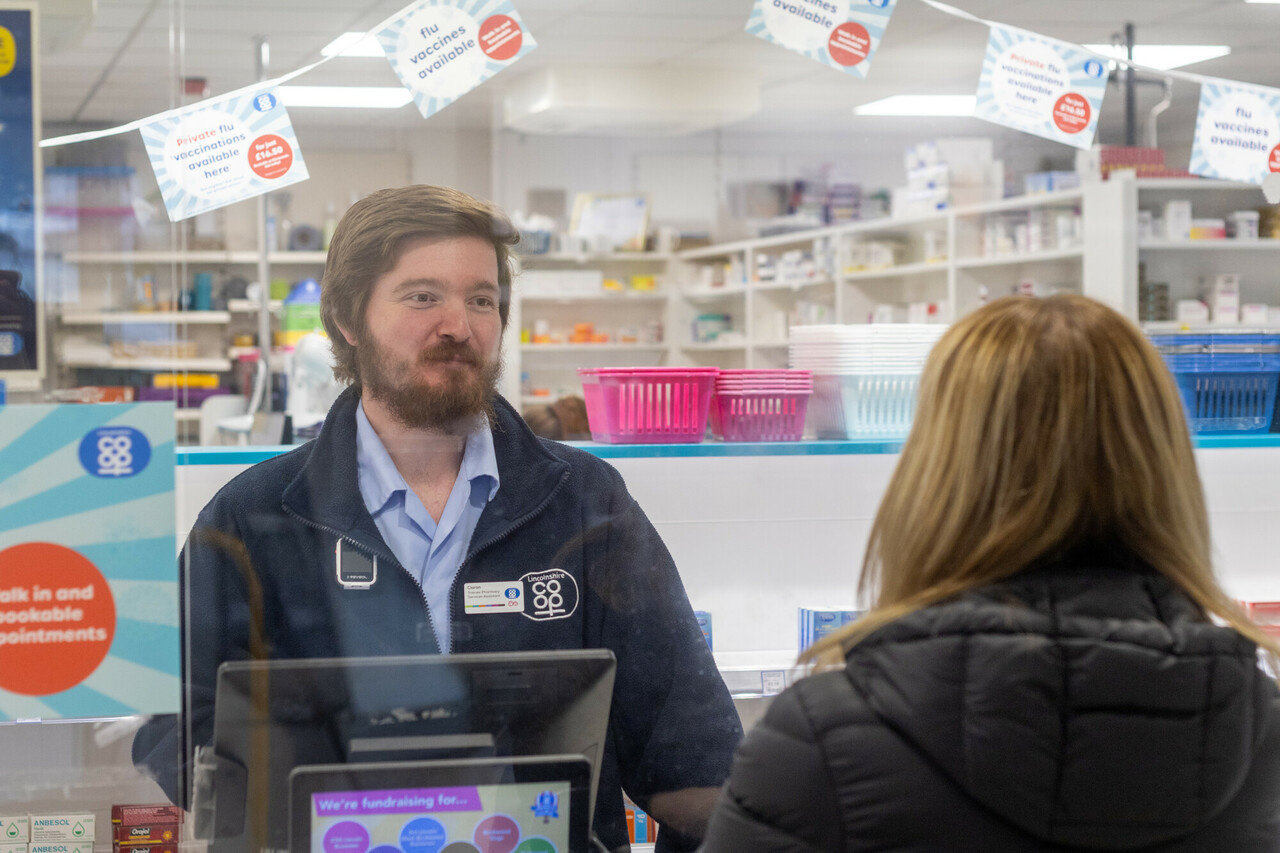
Lincolnshire Co-op is introducing body cameras for pharmacy staff as part of a £200k investment to tackle rising levels of abuse by patients.
All of Lincolnshire Co-op’s 44 pharmacies, alongside its 99 food stores, will receive body cameras from mid-December, the co-operative society confirmed to C+D last week (November 28).
It said it has seen a “245% increase in incidents of threats and abuse to colleagues” when comparing 2023/24 to the 2019/20 financial year. It recorded 23 incidents in pharmacies in 2023/24 alone.
Read more: More than half of pharmacy teams ‘felt unsafe’ due to racist riots
The society’s security manager Mark Foulds said that incidents have included “abusive and foul language, threats against colleagues or their families, and in some cases, physical attacks”.
Lincolnshire Co-op, which is independent and separate from the Co-op Group, have introduced this policy after a successful trial earlier this year at four locations, including at Birchwood Pharmacy in Lincoln.
Threats over POMs
A pharmacy service assistant at the trial location, Minnie Grainger, it was “good to have the cameras to give us extra security”.
“You can see customers taking notice of the body cameras, and any that were thinking about getting abusive thought twice after seeing them.
Read more: Don’t let ‘vulnerable’ pharmacy staff work alone, GPhC urges amid riots
“We have so many regulars that come in and bring a smile to our faces, and it really is a minority who act in an abusive way.”
The society said incidents have mostly arisen over prescriptions “often due to delays in other parts of the NHS network, or medication availability”.
Read more: Assault on retail workers to be made ‘standalone’ crime
Security manager Foulds said there had been “several occasions when abuse has happened after we have prescribed the correct generic drug, but not what the patient expected to receive from their GP”.
He revealed that “positive feedback” from the trial sites helped colleagues “feel more confident and secure”.
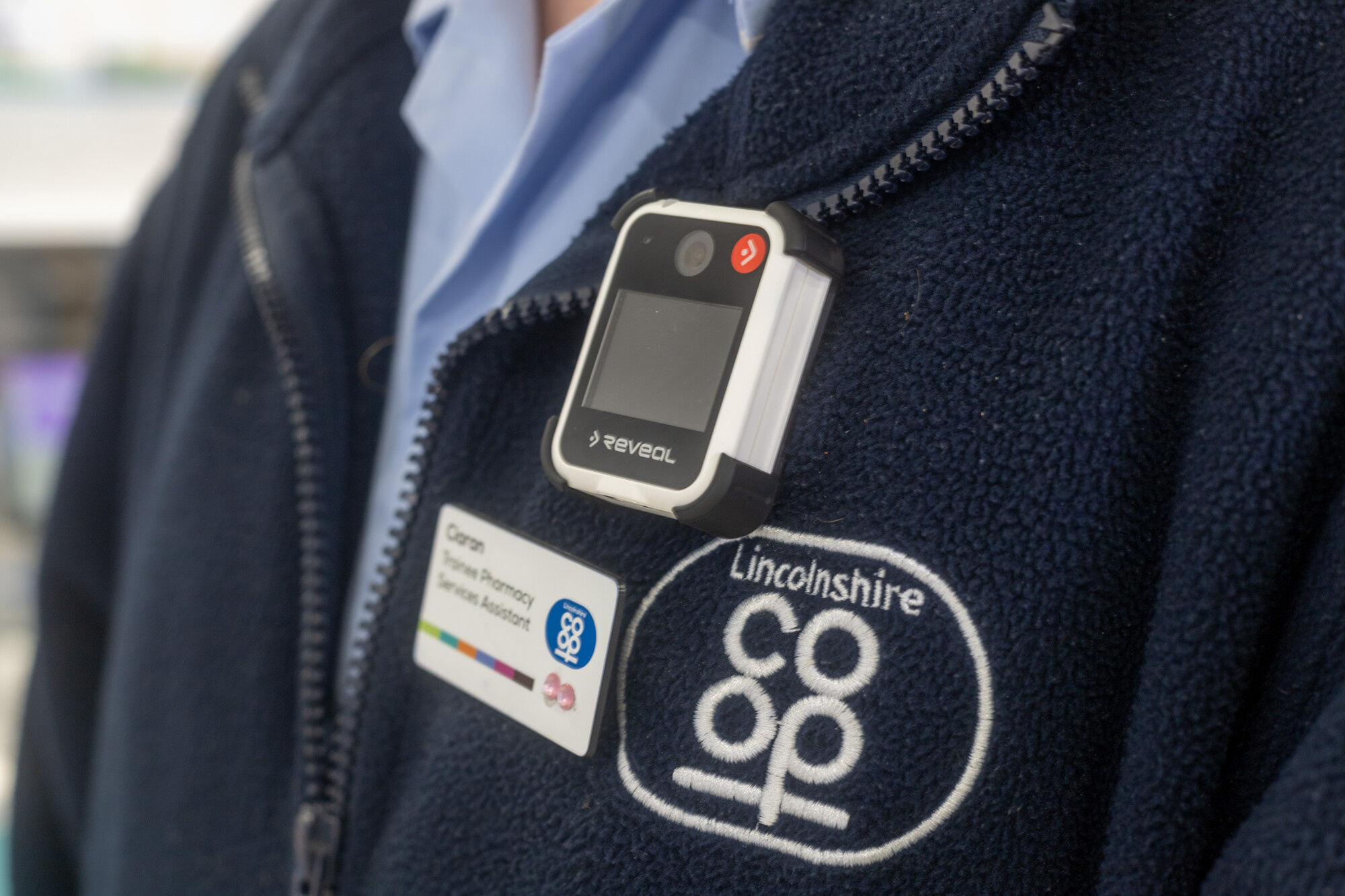
“The cameras are front-facing, so show the customer what the colleague sees, which we believe may help with de-escalating incidents or make people think twice about what they are doing and how they are treating our colleagues.
“They also record both video and audio which we can share with relevant authorities when we believe a crime has taken place.”
Read more: Sector calls for ‘clearer Pharmacy First messaging’ amid patient aggression
Foulds added the abuse can “also impact on our other customers, who can find these incidents distressing and who don’t want to see our colleagues treated in that way”.
The General Pharmaceutical Council (GPhC) called on pharmacy owners to “urgently consider” measures that could “reduce the risk” faced by pharmacy staff and keep them “safe at work” amid far-right rioting in England this August.
Read more: PDA launches campaign over workplace disability ‘discrimination and abuse’
C+D reported in April that offenders who assault retail workers “could be sent to prison for up to six months” under new measures to tackle retail crime.
And in March, Community Pharmacy England (CPE) said clearer messaging over what is and isn’t covered by Pharmacy First was required, following reports of patients “yelling and throwing items” at pharmacists.


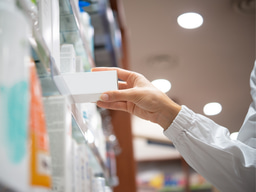
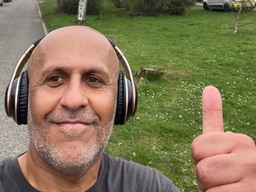
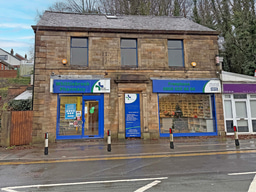
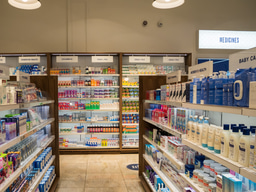

Please sign in
If you are a registered user on C+D Community, please sign in